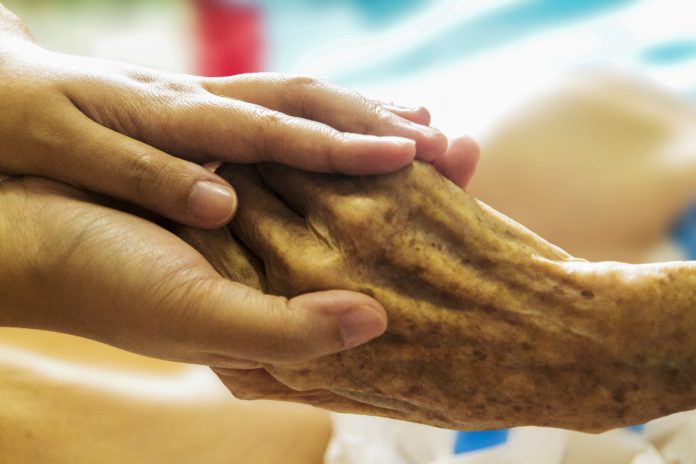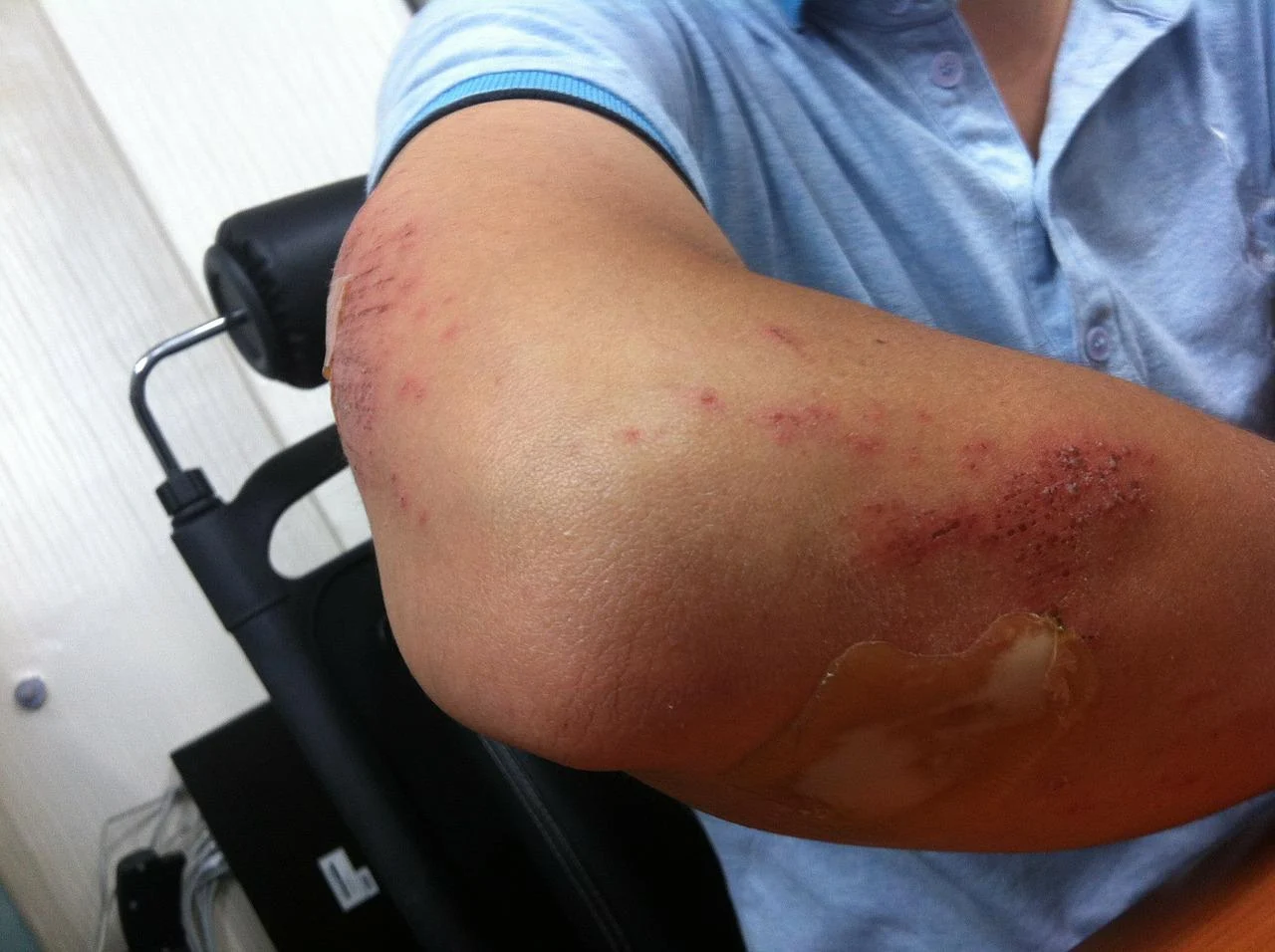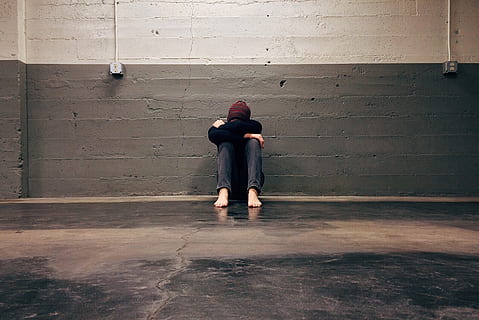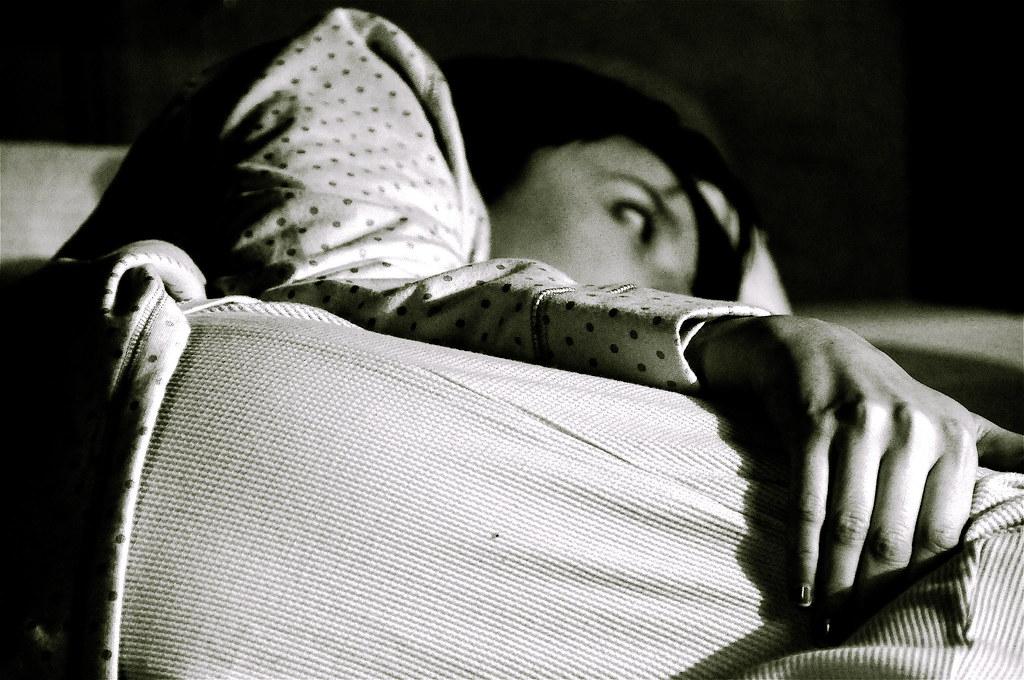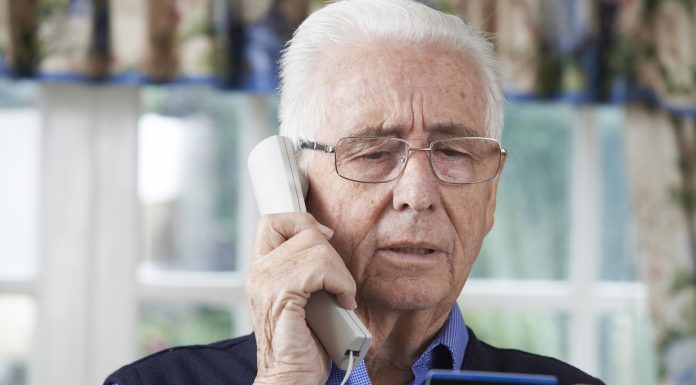What is Elder Abuse?
Abuse of seniors is a serious problem that can have physical, emotional, and financial consequences. Although abuse can take many forms, it generally refers to any type of harm or mistreatment that is inflicted upon an older person by someone who is supposed to be providing care or support. Common examples of elder abuse include physical abuse, sexual abuse, emotional abuse, financial abuse, and neglect. Unfortunately, elder abuse is often underreported, due to the fact that many seniors are reluctant to speak out about what is happening to them. However, it is important to recognize the signs of elder abuse and to get help if you or someone you know is being harmed. Only by working together can we hope to put an end to this devastating problem.
How to Get Help if You Think Someone You Love is a Victim of Elder Abuse
Elder abuse is a serious problem that can have a devastating impact on victims and their families. If you think that someone you love may be a victim of abuse, it is important to get help immediately. The first step is to contact your local police department or social services agency. They will be able to conduct an investigation and provide the victim with resources and support. You can also contact national organizations such as the National Elder Abuse Hotline at 1-800-222-1222. These organizations can put you in touch with local agencies that can provide assistance. Remember, if you suspect abuse, don’t hesitate to report abuse. It could mean the difference between life and death for the victim.
What to do if You’re a Victim of Elder Abuse
If you are a victim of elder abuse, it is important to take immediate action in order to protect yourself and get the help you need. One option is to call 911 or your local emergency services. These trained professionals can help you to assess the situation and provide the necessary medical care or other support. You may also want to reach out to family members, friends, or other trusted individuals for emotional support or practical advice in dealing with the situation.
Additionally, it is a good idea to seek legal counsel from an experienced elder abuse attorney who can help you navigate the complex legal system and ensure that your rights are protected. With appropriate support and resources, you can say no to elder abuse and reclaim your life.
Signs Someone You Know is a Victim of Elder Abuse
1. Frequent bruises, welts, cuts, or any form of physical abuse/ sexual abuse
Frequent bruising, welts, or cuts can be a sign of abuse or neglect in seniors. Any unexplained injury, especially if it occurs often or is located in parts of the body that do not receive much physical abuse during daily activities like walking or stretching, should be cause for immediate concern. Some abuse victims may also experience psychological symptoms such as depression, anxiety, or anger underlying these physical injuries.
It is important for loved ones and medical professionals to be aware of any changes in behaviour among elders who are vulnerable to abuse and take action immediately to get help. By trusting their instincts and treating every case of bruising, welts, or cuts seriously, we can ensure the safety and wellbeing of our aging population.
2. Unexplained weight loss
Unexplained weight loss is a common problem, and there are many potential causes. In some cases, it may be due to an underlying medical condition. However, it can also be a sign of abuse, particularly among seniors. If you or someone you know has suddenly lost a significant amount of weight, it’s important to take action. Talk to your doctor to rule out any medical causes, and if abuse is suspected, contact the authorities or a domestic violence hotline. Don’t ignore the problem—it could be a matter of life and death.
3. Poor hygiene
Poor hygiene can lead to a number of serious health problems. It can cause skin infections, respiratory problems, and even sepsis. In some cases, it can even be fatal. Unfortunately, poor hygiene is often seen as a sign of abuse. Seniors are particularly vulnerable to abuse, and poor hygiene is often one of the first red flags. Catching these smaller issues can open up the eyes to more problems that could potentially show that the senior is being abused.
4. Changes in personality or behaviour
Abuse can cause changes in personality or behaviour. Victims may become withdrawn, depressed, or anxious. They may also exhibit signs of post-traumatic stress disorder (PTSD). If you notice any changes in the personality or behaviour of someone you know, it’s important to take action. Talk to the person and see if they are comfortable talking about what’s going on. If they are, offer your support. If they’re not, you can still reach out to the authorities or a domestic violence hotline.
5. Sudden financial changes
Sudden financial changes can be another red flag for abuse. This could include large withdrawals from bank accounts, sudden changes in credit card spending, or unexpected bills. If you notice any of these changes, it’s important to take action. Talk to the person and see if they are comfortable talking about what’s going on. If they are, offer your support. If they’re not, you can still reach out to the authorities or a domestic violence hotline.
6. Withdrawal from friends or activities
Withdrawal from friends or activities can be another sign of abuse. If you notice that someone you know is suddenly spending less time with friends or participating in activities they used to enjoy, it’s important to realize this could be a sign that something is wrong. Contact the potential victim and see if there is a good explanation for them not seeing their friends as much or a reason for not being as social.
7. Fearfulness or anxiety
Fearfulness or anxiety is a common problem for people of all ages, but it can be especially debilitating for seniors. Whether it results from abuse or an underlying medical condition, this type of heightened stress and insecurity can leave individuals feeling isolated and powerless. Fortunately, there are a number of effective strategies that can help to alleviate this issue. For example, abuse victims may benefit from attending counselling sessions or joining a support group that helps them to work through their mental health.
At the same time, those dealing with more general issues may find relief through activities like meditation or regular exercise. With the right approach, it is possible to manage fearfulness and anxiety in order to lead a healthier and more fulfilling life.
8. Confusion or disorientation
Confusion or disorientation can be a sign of elder mistreatment. If you notice that a friend or loved one is frequently confused or seems disoriented, it’s important to take action. There are many causes of confusion and disorientation, but abuse and neglect are often to blame.
If you suspect abuse or neglect, the best thing to do is to contact an elder abuse hotline or the police. By taking action, you can help to protect your loved one from further harm.
9. Trouble sleeping
The abuse of seniors is a serious problem that can lead to a number of physical and psychological problems, including trouble sleeping. Seniors who have been abused are often fearful and anxious, which can make it difficult to fall asleep or stay asleep. They may also have difficulty trusting others, which can further interfere with their ability to get a good night’s sleep.
In addition, seniors who have been abused may suffer from physical injuries that can cause pain and discomfort, making it difficult to get comfortable enough to sleep.
10. Low Confidence or self-esteem
Low confidence or self-esteem is another common problem for seniors who have been abused. When individuals are constantly subjected to mistreatment, they can start to believe that they deserve the abuse. This can lead to a feeling of worthlessness and a lack of confidence in oneself.
If you notice that someone you know has suddenly become withdrawn or has started to believe that they are not worth anything, it’s important to realize that this could be a sign of abuse.
4. Resources for victims and families affected by elder abuse
When dealing with the issue of elder abuse, it is essential to provide support and resources for victims and their families. Elder abuse can take many forms, including physical, emotional, financial, or sexual in nature.
It can be perpetrated by family members or caregivers, or even by strangers. Regardless of how or why it occurs, elder abuse can have serious and far-reaching effects on both victims and their loved ones.
To address this problem, there are a number of organizations and groups that offer support and services to victims of elder abuse. For example, some local communities have elder abuse helplines that provide information about community resources for victims and their families.
Additionally, there are nonprofit advocacy groups that work to educate people about how to recognize signs of elder abuse and how to respond appropriately if they suspect someone is being abused.
Finally, many hospitals also offer counselling or other resources for those affected by elder abuse. By reaching out to these organizations and others like them, we can work together to combat this terrible issue and ensure that our elders are treated with dignity and respect at all times.
Here are some resources to use:
- National Elder Abuse Hotline: 1-800-222-1222
- eldersafeonline.org: A national directory of resources for elder abuse victims and their families
- The Eldercare Locator: A service of the federal Administration on Aging that connects people with local services for older adults
- victimsofcrime.org: A website with information and resources for victims of all types of crime, including elder abuse
- National Center on Elder Abuse: A website with information, resources, and research on elder abuse for older adults
- American Bar Association Commission on Law and Aging: Provides legal assistance to older adults and their families on a variety of issues, including elder abuse
- National Domestic Violence Hotline: 1-800-799-7233
- National Sexual Assault Hotline: 1-800-656-4673
If you see any of these signs in a loved one, it’s important to take action. Talk to the person about what you’re observing and express your concern.
If the person is able to communicate, ask directly if he or she is being harmed or mistreated in any way.
If the person is not able to communicate, or if you’re worried that speaking up could make the situation worse, reach out to a professional who can help.
Contact an elder abuse hotline or seek help from a local agency that specializes in assisting older adults.
















